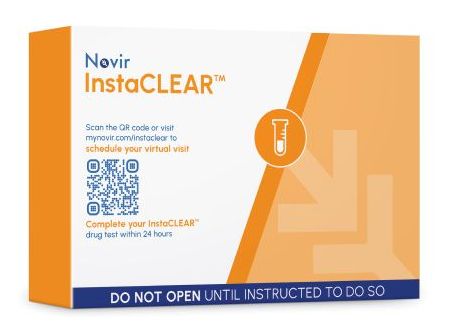We all have competitors. Some compete for the same customers. Others compete for the same employees. Smart employers pay attention to both.
To attract the right employees, you need to offer something compelling: competitive wages, stimulating work environment, benefits, flexibility or whatever your ideal employee might need. Prospective employees know what your competitors offer. You should too.
The same goes for drug testing. If your competitors test, and you don’t, guess where the druggies want to work? Yes, they know who tests. In fact, there are numerous web sites and discussion boards dedicated specifically to that. Take a look.
Illinois companies that drug test
List of jobs that don’t drug test (grasscity.com)
Your favorite search engine will find more sites like these. Of course, most companies that test are not listed online, but you get the idea. Illicit drug users do their homework.
Among those that test, you will find banks, auto dealerships, manufacturers, large corporations, retail shops, hospitals and small contractors. Pretty much any kind of business.
I don’t need to connect the dots for you. But I’ll do it anyway: People who fail drug tests go to work for companies that don’t test, often in the same industry.
Is your company too small to drug test?
Think of it this way. What if half of your employees were impaired at work? Or a third? Or even 10%. Smaller companies pay a bigger price for substance abuse in the workplace. On top of that, many don’t test, so users are attracted to smaller employers.
From a November, 2013 article in Bloomberg Businessweek:
Barry Sample, director of science and technology for Quest Diagnostics Employer Solutions … says self-reported drug-use rates are nearly twice as high at companies with fewer than 10 employees than at companies with 500 or more employees. “Of the estimated 3 million full-time employees dependent on illicit drug use, more than half are employed by small establishments,” he says. The discrepancy may be due to smaller companies being less likely to screen employees for illegal drug use.
Dr. Sample’s numbers may be low. According to a 2007 SAMHSA study, 73.8% of all employed illicit drug users work for companies with fewer than 100 employees. 90% work for companies with fewer than 500 employees.
Small companies may not be competing directly with their large competitors, but they do compete for the same employees. And an impaired workforce is likely to be less productive, make more mistakes, have more accidents, cause injuries, or not show up for work. Would any of those things cost an employer? Assuming yes, why put up with it if you don’t have to?
If your competition is testing, and you’re not, you are at a distinct disadvantage.


